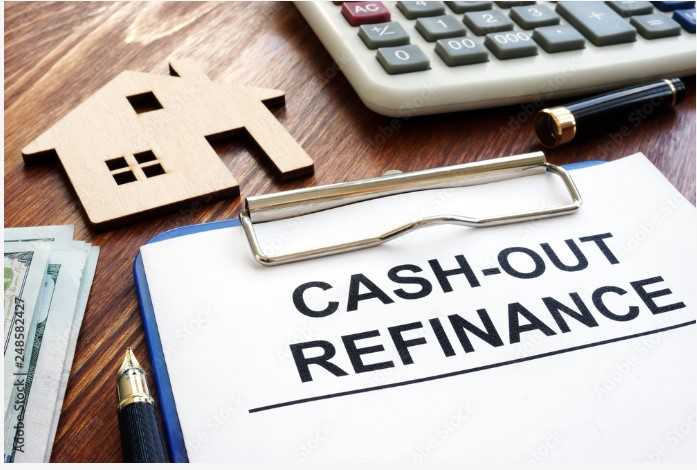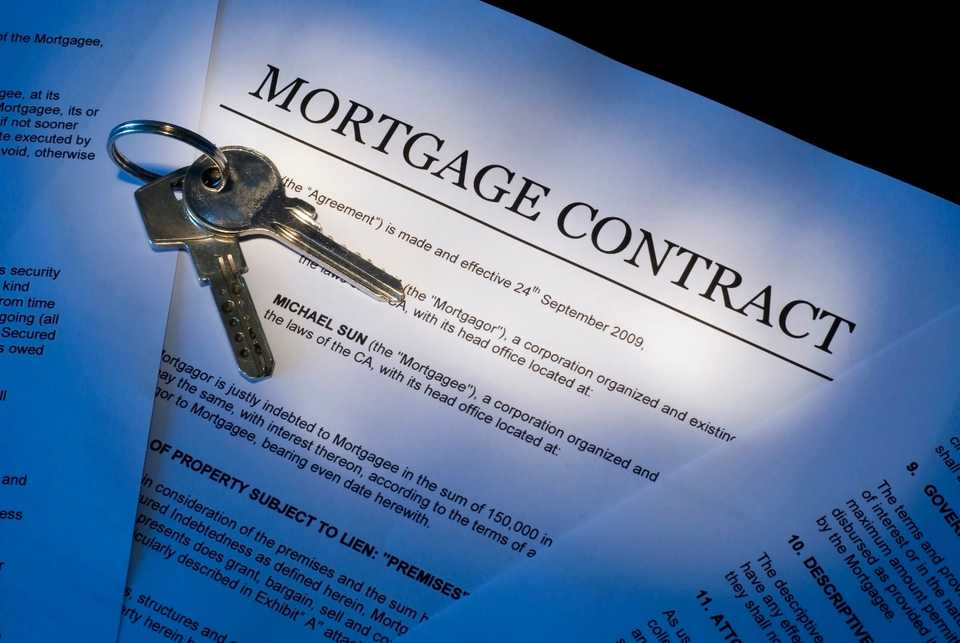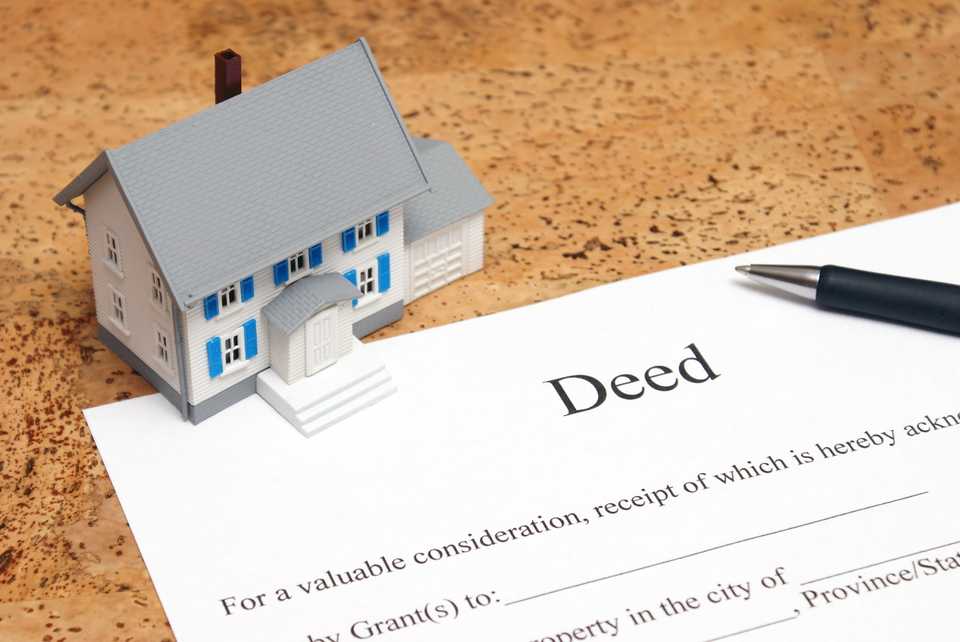Are you planning to refinance your mortgage? Every year, millions of Canadian homeowners refinance their mortgages for various reasons.
You will need someone to guide you through the complex process to get your desired goal. This task is something that real estate lawyers specialize in.
Homeowners are not required to hire a lawyer for mortgage refinancing but doing so has many benefits. A real estate lawyer will ensure that the transaction goes smoothly for yo u and that you get a refinancing package that is to your advantage.

It is not an easy decision to refinance a mortgage because it comes with certain risks and new obligations.
A lawyer from the JuriGo network can attend personally to your transaction so it gets done the right way.
Compare real estate lawyers for mortgage refinancing in Ontario near you by filling out the short form on this page.
Why refinance a mortgage?

When you refinance a mortgage, the current mortgage is paid off and a new loan is made.
The most common reasons to refinance a mortgage are:
- To obtain a better interest rate.
- To shorten the mortgage term.
- To reduce monthly payments.
- To change the mortgage terms.
- To use equity for investment.
- To consolidate other debts with your mortgage
- To raise funds for an emergency
Many homeowners refinance because they want to change lenders and get a more advantageous mortgage. It is also possible to refinance with the current lender.
Switching Lenders or Breaking a Mortgage
You must know that switching lenders or breaking your current mortgage comes with certain costs. It is best to analyze these costs to decide if refinancing a mortgage is the right step in your situation.
Refinancing a mortgage can seem overwhelming, especially if you are not familiar with it.
Many people have had negative experiences with their mortgage transactions, If you don’t know how to get started or just want to be on the safe side, find an Ontario mortgage refinancing lawyer near you.
Simply fill out the short online form on this page to connect with the right lawyer for your mortgage needs.
Types of Mortgage Refinancing

Refinancing for Renovations
If you need to renovate your home but don’t have enough funds, refinancing can be the perfect solution.
Use the equity in your home to tap funds for your project.
Debt consolidation
You can use your mortgage to consolidate other existing loans such as credit cards, credit lines, or personal loans.
A mortgage has a lower interest rate and allows you to pay on a longer term to reduce the monthly payments.
Home Equity Loan
A home equity loan uses the equity in your home as collateral.
This type of loan also has a lower interest rate than other types of loans and gives more flexibility. You can access more funds than an unsecured loan.
Reverse Mortgage
This type of loan allows a homeowner to use the equity in the home to convert into tax-free cash .
Reverse mortgages are available for Canadians 55 years or older who want to live comfortably during retirement.
Mortgage refinancing is not for everyone. To be eligible, you will undergo an application process which includes an appraisal of your property to determine its market value. The lender will also evaluate your credit and your finances.
The Cost to Refinance a Mortgage in Ontario
If you want to refinance your mortgage to get a lower interest rate by accessing the equity in your home, there are some costs to consider.
Depending on your goal, refinancing could be a perfect solution for a home renovation, to pay for a child’s college education, or to make a lucrative investment.
Refinancing allows you to borrow up to 80% of the property value minus the outstanding balance of your mortgage. For instance, if the home value is $350,000 and your current mortgage has a balance of $120,000, you can borrow a maximum of $160,000.
As mentioned earlier, refinancing a mortgage can be a good way to access funds. But doing so during the term of a loan also comes with some risks.
What are the fees for refinancing a mortgage?
Mortgage Prepayment Penalty
If you break your mortgage, your lender may charge extra fees, and you may have to pay a prepayment penalty.
- If your mortgage is a fixed-rate loan, you will pay a penalty of 3 months’ interest or the interest rate differential (IRD).
- If you have a variable-rate mortgage, the penalty is 3 months’ interest.
Mortgage registration fee
The fee varies but is usually from $70 to $80 in Ontario.
The best time to refinance a mortgage is when your mortgage term comes to an end. In this case, you won’t pay a prepayment penalty.
Speak to a real estate lawyer to help you with this process so you can better understand your options.
What is a Mortgage discharge Fee?
If you are switching lenders, you will need to pay a mortgage discharge fee to your current lender for terminating the mortgage.
The information of the title of the property needs to be changed. A lawyer or notary takes care of the discharge and also adds the new lender to the title.

Every lender has a mortgage discharge fee which can vary from one to the next but they fall in the range of $200 to $350 in Ontario.
Some lenders offer to pay for the discharge fee when you switch but pay attention because their rate may not be the best.
Below you will find the typical discharge fees of mortgage institutions:
| Name of Lender | Average Discharge Fee |
|---|---|
| CIBC | $260 |
| BMO | $350+ |
| RBC | $375 |
| TD Bank | $300 |
To discharge a mortgage in Ontario, you need to work with a lawyer licensed by the Law Society of Ontario .
Your lawyer will prepare and execute the documents required for the mortgage discharge.
Find a licensed mortgage discharge lawyer using our free online form on this page.
Requirements for Mortgage Refinancing

You will need to provide some documents to apply for mortgage refinancing. The most common requirements by lenders include:
- **Proof of income:**Pay stubs, tax returns, or other documents showing your income.
- Property documents:Proof of ownership such as deed or title insurance
- **Mortgage statement:**Statement from your lender with your mortgage balance and interest rate.
- **Credit report:**The lender will obtain a credit report to check your credit score/credit history.
Is refinancing a mortgage a good idea?

Refinancing a mortgage has pros and cons that you need to consider before making a decision.
The Pros:
- You could get a better interest rate and save thousands of dollars throughout the term of your mortgage
- Access funds to pay for a project including a home renovation, travel, education, medical bills, etc.
- Extend the mortgage amortization period to reduce your monthly mortgage payments
- Consolidate loans with higher interest rates to save on interest payments and ease cash flow
The Cons:
- You might have to pay a prepayment penalty and other charges which could cost a few thousand dollars
- You will have to go through a new application including the mortgage stress test and a home appraisal
- You will be paying more on interest if you extend the repayment period
- You will have a new mortgage and may take longer to pay it off
Depending on your individual needs or goals, it could be ideal to refinance a mortgage especially if you have a closed mortgage.
It is best to wait until the mortgage term is about to end to avoid the prepayment penalty. In certain cases, refinancing can still be a good strategy even if you pay penalties or fees.
For instance, refinancing to get a lower interest rate can help you save money and offset the penalty. If you also refinance to consolidate loans with higher interest rates , it would also make sense.
Is there an alternative to mortgage refinancing?
A Home Equity Line of Credit (HELOC) is an alternative that allows you to tap home equity for cash. It is a revolving credit using your home as a guarantee.
You can use the credit, pay back, and borrow again as the need arises, up to a maximum limit. It can be combined with your mortgage or taken as a stand-alone loan.

Some lenders offer a HELOC with a mortgage, also referred to as a readvanceable mortgage (HELOC and a fixed-rate mortgage).
This credit limit can include personal loans, credit cards, business loans, etc. They may have different interest rates, depending on your lender. You can also use a HELOC to pay off other lenders and consolidate your debts.
Are you wondering how a HELOC differs from a home equity loan?
With a home equity loan or refinancing, you get a one-time lump sum up to 80% of the property value. You are charged interest for the entire amount throughout the loan. The term and the payments are on a pre-determined schedule.
With a HELOC, you pay interest only on the funds you use and you can borrow again the available amount at any time up to the maximum limit.
To qualify for a HELOC, you must have a good credit score, a stable income, and an acceptable debt-income ratio.
Is mortgage refinancing bad for your credit?
Refinancing can temporarily affect your credit negatively for two reasons. Your lender may do a hard check on your credit file and this could decrease your score.
If you close your current mortgage loan, it shortens the average length of your credit history which could also have a negative, although temporary, impact on your credit.
Legal fees for Mortgage Refinancing

It is highly recommended that you get a real estate lawyer to handle mortgage refinancing.
He will review the terms of the current and new loans to make sure that no problems arise with the title down the line.
Most lawyers will charge from $800 to $2,000++ for this transaction but it will be worth it. A lawyer can save you a lot of time for doing all of the tasks required.
Some lenders may even agree to cover the lawyer’s fees if you are switching a mortgage with a substantial balance.
Curious about the cost of a real estate lawyer for refinancing a mortgage? Just fill out the short online form on this page and compare offers from lawyers near you.
What will mortgage refinancing lawyers do for you?

If you are securing a mortgage or refinancing a mortgage, a lawyer will do the following:
- Complete title and PPSA searches;
- Arrange the payment of balances on any existing financing from the proceeds;
- Prepare and review all documents related to the transaction;
- Register the mortgage on the title;
A mortgage refinancing lawyer in Ontario will keep you updated on the progress of the transaction from beginning to end. He will also answer all of your questions throughout the transaction.
It is advisable to get a lawyer to refinance a mortgage. He will offer valuable guidance and support throughout the process and ensure that all legal requirements are satisfied. He can also represent your interests in negotiations with your selected lender.
Are you ready to find the right residential mortgage lawyer to help you?
Just fill out our short online form, free and no obligation to compare residential mortgage lawyers in your area.